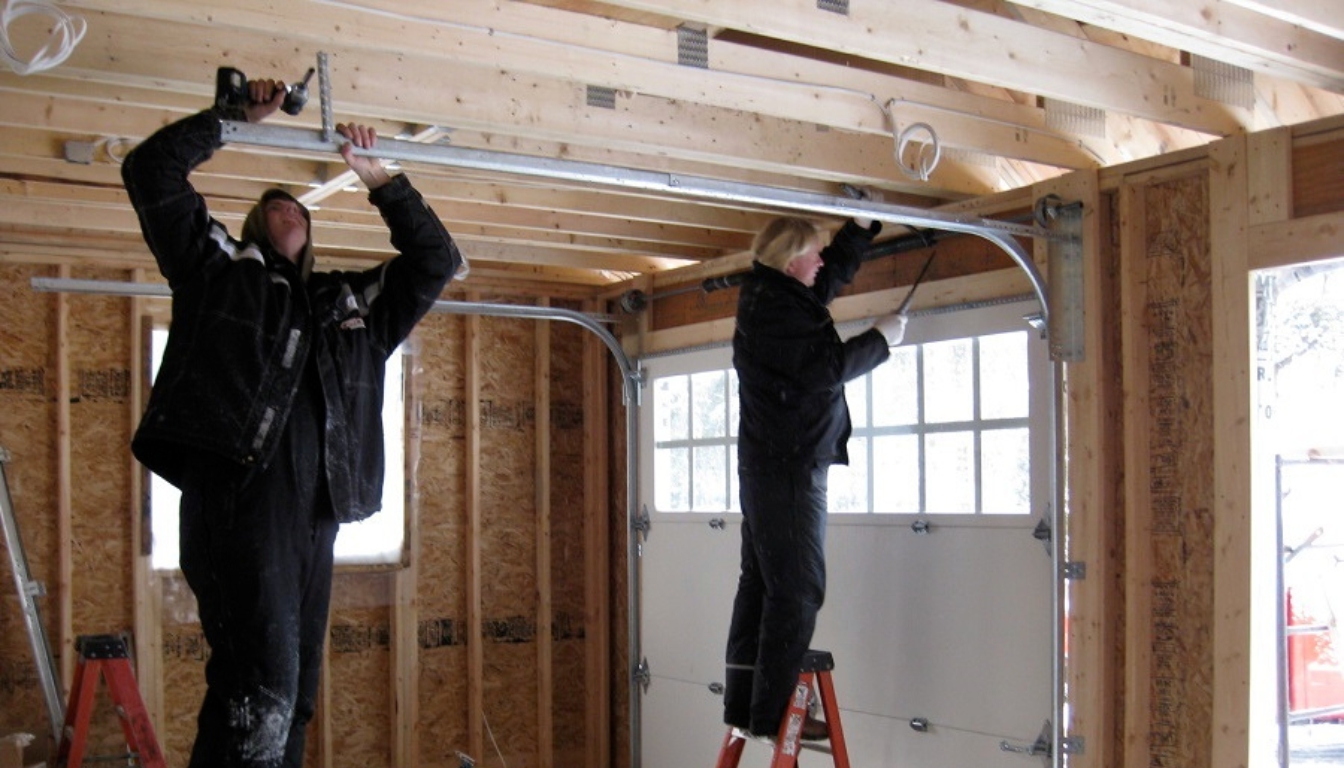Introduction
As the chill of winter approaches, homeowners often turn their attention to preparing their homes for the colder months. One area that is frequently overlooked is the garage door. A well-maintained garage door not only enhances your home’s curb appeal but also plays a crucial role in protecting your belongings from harsh weather conditions. In this article, we will explore The Best Practices for Winterizing Your Garage Doors, ensuring you keep your garage functional and secure throughout winter.
The Best Practices for Winterizing Your Garage Doors
Winterizing your garage doors involves a series of preventative measures designed to protect them from extreme cold and snow. Below, we discuss various strategies that can help you maintain your garage doors during winter.
1. Inspecting Your Garage Door Springs
Garage door springs are an essential component that bears the weight of the door. In winter, they can become brittle due to low temperatures.
- Check for Rust: Use a rust-removing spray if you notice any corrosion. Look for Wear and Tear: If the springs appear worn out or stretched, it may be time for replacement. Test Functionality: Manually open and close the door to see if it operates smoothly.
2. Lubricating Moving Parts
One of the best practices to ensure smooth operation during winter is to regularly lubricate moving parts like rollers, hinges, and tracks.
- Use Appropriate Lubricants: Opt for silicone-based lubricants as they work better in cold temperatures compared to traditional oils. Frequency of Lubrication: Aim to lubricate at least twice a year, especially before winter sets in.
3. Sealing Gaps and Insulation
Drafts can significantly affect your garage's temperature and energy efficiency.
- Inspect Weather Stripping: Check the rubber seals along the bottom of the garage door and replace them if they are brittle or cracked. Consider Insulation Kits: Insulating kits can also be applied to the inside of your garage door for added protection against cold air.
4. Testing Your Garage Door Opener
Your garage door opener is just as important as the door itself during winter months.
- Check Remote Functionality: Ensure that batteries are fresh and functioning properly. Test Safety Features: Regularly verify that safety sensors are working correctly by placing an object in their path to see if they reverse upon contact.
5. Cleaning Your Garage Door
Dirt and grime can build up on your garage doors over time, impacting their functionality and appearance.
- Use Mild Soap Solutions: Clean with soap and water; avoid using harsh chemicals that may damage paint or seals. Don’t Forget Windows: If your garage has windows, ensure they’re clean too—this helps with visibility during darker winter days.
6. Addressing Common Issues: What if Your Garage Door Won't Close?
Sometimes, despite all precautions taken, issues like a malfunctioning opener or misaligned tracks might arise leading to problems such as "garage door won’t close."
- Check Sensors: Make sure there’s nothing obstructing the sensors. Inspect Tracks: Look for any debris or misalignment in tracks that could prevent proper closure.
7. Scheduling Professional Garage Door Service Moreton Bay
While DIY maintenance is beneficial, sometimes professional service is necessary for thorough inspections or repairs.
- Find Reputable Services: Research local companies offering “garage door service Moreton Bay” that come highly recommended. Schedule Annual Checks: Consider booking yearly maintenance checks to address any potential issues before winter arrives.
FAQ Section
1. How often should I perform maintenance on my garage doors?
It’s advisable to conduct maintenance every six months but particularly before winter.

2. What should I do if my garage door opener stops working?
First, check power sources and batteries; then inspect safety features before calling a professional if it persists.
3. Do I need special equipment for lubrication?
No special equipment is needed; typically spray lubricants work effectively with minimal effort required on your part.
4. Can insulation make my garage warmer in winter?
Yes! Insulation reduces drafts significantly making it easier to keep warmth within your space during colder months!
5. Why does my garage door make noise when opening?
Noise could indicate worn-out rollers or lack of lubrication; it’s best addressed promptly before further damage occurs!
6. What’s involved in replacing a broken spring?
Replacing a spring can be dangerous due to tension; it's recommended you hire professionals rather than attempting this DIY!
Conclusion
In essence, taking proactive steps toward maintaining your garage doors will save you both time and money down the road while providing peace of mind against winter's challenges. From inspecting springs to sealing gaps Click here for info — these practices not only enhance functionality but also prolong longevity throughout harsh weather conditions! Remember: whether you're troubleshooting issues like a "garage door won't close" scenario or seeking professional assistance from "garage door service Moreton Bay," maintaining awareness about potential problems will help ensure seamless operation all season long!
By implementing these best practices into your routine today, you'll be well-equipped to face whatever Old Man Winter throws your way!